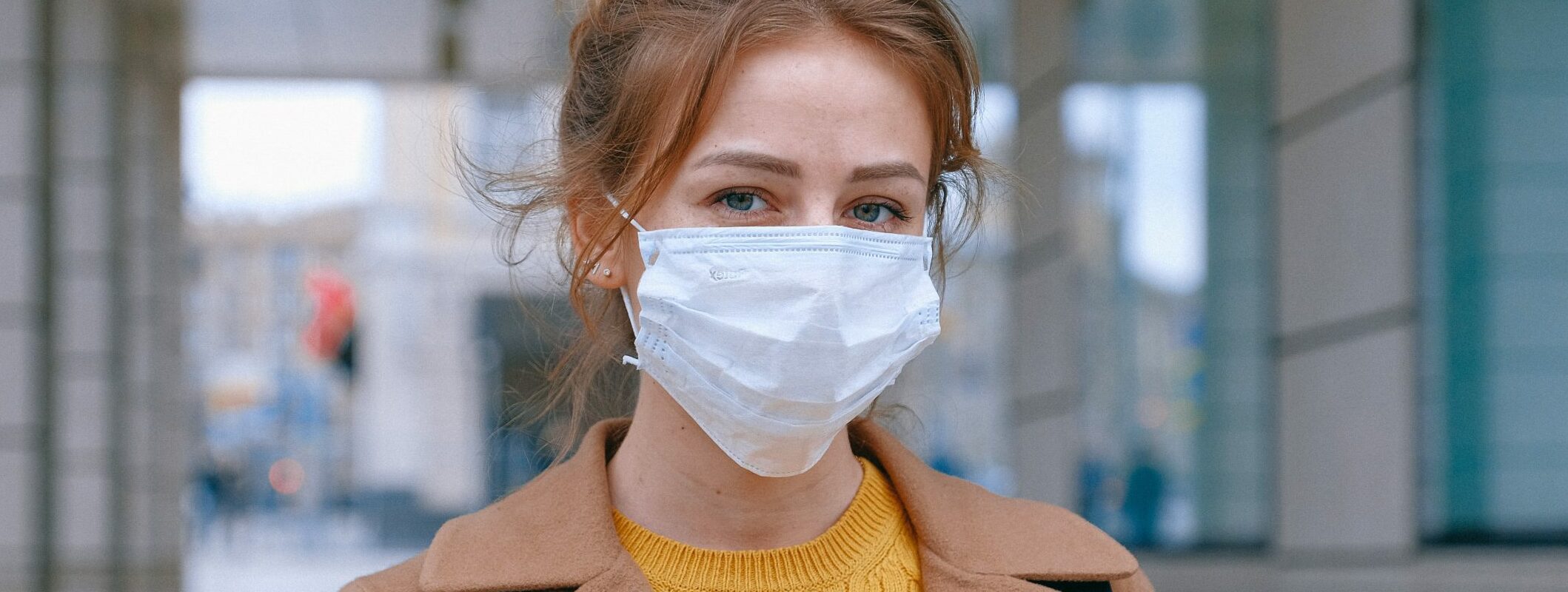
18 Jul 2021 Policy
Open letter from cancer charities to the public
40 charities and organisations have written an open letter, urging the public to help keep vulnerable people safe as restrictions ease.
Tomorrow in England we will see Covid restrictions lifted, with people will no longer required to wear face masks in crowded places or maintain social distance.
Many of people will be looking forward to tomorrow as the day they get their “freedoms back”. But for many people with cancer, tomorrow will be a day when freedoms are taken away. This is because their cancer, or their treatment for cancer, means the vaccine, even after two doses, is less likely to protect them from serious illness from Covid than it is for the general public.
Over the last few months, many people with cancer have been starting to get back to normal, meeting up with their friends outdoors or sitting outside at cafes and restaurants.
They have felt able to do this because the people around them have been wearing masks and keeping their distance. The more people exercise their freedom to stop wearing masks and stop social distancing, the more people with cancer will feel they have to stop their normal activities, and will feel more worried when they have to do things like use public transport.
We had hoped the Government would continue to insist people carry on wearing masks and social distancing in crowded places. But given the Government has decided not to do this, we are asking every person in England, knowing you already do so much for people with cancer through the financial support you give us, to do three things to help them further over the next few weeks:
- Keep wearing masks in crowded places. There is good evidence they stop the spread, and for all you know, that person sitting a few seats down from you on the bus might be on their way to their chemotherapy appointment.
- Keep your distance from people you don’t know. There is no way of knowing if someone has cancer and so might be vulnerable to the virus, so it’s best to assume everyone you come into contact with might be.
- Get vaccinated if you haven’t done so already. Particularly for people with cancer who have a compromised immune system, the more people who are vaccinated, the safer they will be.
These three things are especially important in England, where the restrictions are being lifted first. But they are also things will help people with cancer in Scotland, Wales and Northern Ireland, too.
Just one person doing these three things could make a real difference to someone with cancer. And the more of us who do them, the more we will help keep people with cancer safe, and send them a message of solidarity during the difficult weeks ahead.
Fiona Hazell, CEO, Leukaemia UK
Gemma Peters, CEO, Blood Cancer UK
Michelle Mitchell, CEO, Cancer Research UK
Lynda Thomas, CEO, Macmillan Cancer Support
Delyth Morgan, CEO, Breast Cancer Now
Diana Jupp, CEO, Pancreatic Cancer UK
Michelle Vickers, CEO, Head and Neck Cancer Foundation
Victoria Clare, CEO, Ovacome
Zack Pemberton-Whiteley, CEO, Leukaemia Care
Laura Kerby, CEO, Myeloma UK
Pamela Healy OBE, CEO, British Liver Trust
Ropinder Gill, CEO, Lymphoma Action
Nina Barough CBE, CEO, Walk The Walk
Annwen Jones OBE, CEO, Target Ovarian Cancer
Liz Darlison, CEO, Mesothelioma UK
Rose Woodward, CEO, Kidney Cancer Support Network
Samantha Dixon, CEO, Jo’s Cervical Cancer Trust
Tony Heddon, Chairman, Neuroblastoma UK
Robin Pritchard & Paula Hargadon, Co-Directors, Cancer Care Map
Marc Auckland, Chair, CLL Support
Sue Farrington Smith, CEO, Brain Tumour Research
Athena Lamnisos, CEO, The Eve Appeal
Sarahjane Robertson, CEO, Look Good Feel Better
Jeannie Rigby, Director, Action Bladder Cancer UK
Jane Lyons, CEO, Cancer52
Richard Davidson, CEO, Sarcoma UK
Paula Chadwick, CEO, Roy Castle Lung Cancer Foundation
Tina Seymour, CEO, Hope for Tomorrow
Gillian Nuttall, CEO, Melanoma UK
Ken Mastris, Chairman, Tackle Prostate Cancer
Anna Webb, Manager, Myrovlytis Trust
Cary Wakefield, CEO, Ovarian Cancer Action
Alastair Richards, CEO, North West Cancer Research
Related posts
20 September 2021
Leukaemia charities unite in Blood Cancer Awareness Month to improve diagnosis and the chances of survival
Leading UK leukaemia charities Leukaemia Care and Leukaemia UK have announced a new collaboration to increase awareness of the signs and symptoms of leukaemia and drive improvements in the diagnosis of the disease. The campaign, Spot Leukaemia, is running throughout September – Blood Cancer Awareness Month.
9 May 2018
Sharing this exciting news: a treatment advance for childhood leukaemia
A deal has been struck to let the NHS offer children an expensive new cancer therapy that has been called the most exciting treatment advance for decades
19 September 2023
“Fundraising never tasted so good!”: Star-studded evening raises over £235,000 for life-saving leukaemia research
Chefs and celebrities mingled at The Dorchester last night for a gastronomic spectacular in aid of Leukaemia UK, raising over £235,000 to support world-class research into the devastating disease. Who’s…
19 June 2023
Leukaemia UK research paves the way for personalised lymphoma treatment
Despite promising trials, standard treatment for diffuse large B-cell lymphoma (DLBCL) hasn’t changed in a decade. New treatment strategies for this type of blood cancer are urgently needed. Could the…